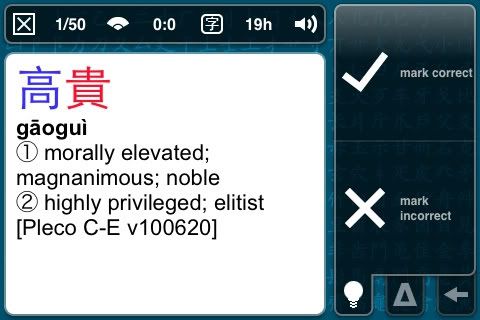For me, the best way to learn how to write characters is this: use them. Oh, surprise, it’s the same method as learning how to use words in everyday speech.
For characters, I do the exact same thing as when I am learning the vocabulary itself:
I have a vocabulary list, and then go by seeing the German word, and then trying to remember the Chinese word (=pronounciation). If it is correct, ok. Also, I do it the other way round, look at the pronounciation and try to guess the German translation. This I do roughly 3 times, until I learned it all.
For characters: Look at the German word and write down the character. Check if it is correct. If not, write it again. Also, just look at the characters and check myself if I know the reading and the meaning. If not, repeat until I’ve learned it.
And now the actual useful part: Just use the stuff in everyday speech. If you talk to someone, try to use some words which you have learned. They will stick better in your brain and you learn how to use them (this is the actual useful part in a language: not learning how to recite vocabulary, but knowing how to use it). If you don’t know how to say a word, you can sometimes take a peek at the electronic dictionary (as long as it is not too often)
For characters: just write some letters, stories or whatever. Try to use the vocabulary which you have learned (compare with actual speech in the example above), and try to write the characters by hand. If you don’t know how to write a character: It’s no disaster, just either check in the electronic dictionary or just type it in the computer with Pinyin or Zhuyin, and then write it by hand in your letter or story or whatever. Continue to write the rest by hand.
If you write a letter to your girlfriend or whomever, you can also sometimes just resort to Zhuyin, if you really do not know how to write a character and don’t want to take a look at the dictionary. This may not be correct Chinese writing, but it is no problem, if you have enough other characters correct.
By doing this, I can remember about 95% of Chinese characters in a text which I write. Being able to write 100% of all characters by heart is a useless goal, because devices to look up characters are readily available. The important part is to be able to write relatively fast, so that you don’t have to look up every character.
For me, this method is the best and the most useful. If I used this brute force learning method like you guys seem to do, I would also hate Chinese characters. But by just using them naturally, I actually like them 



